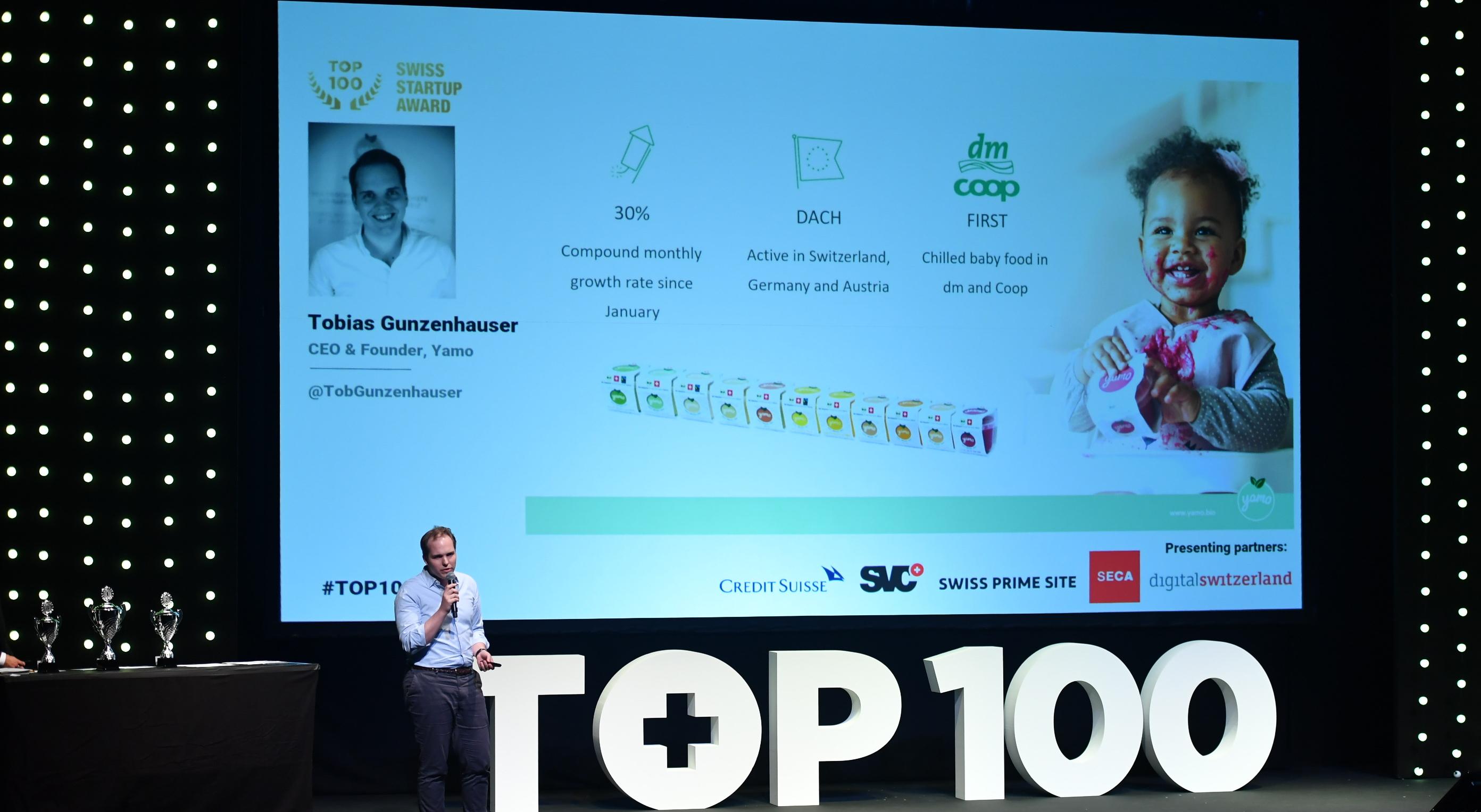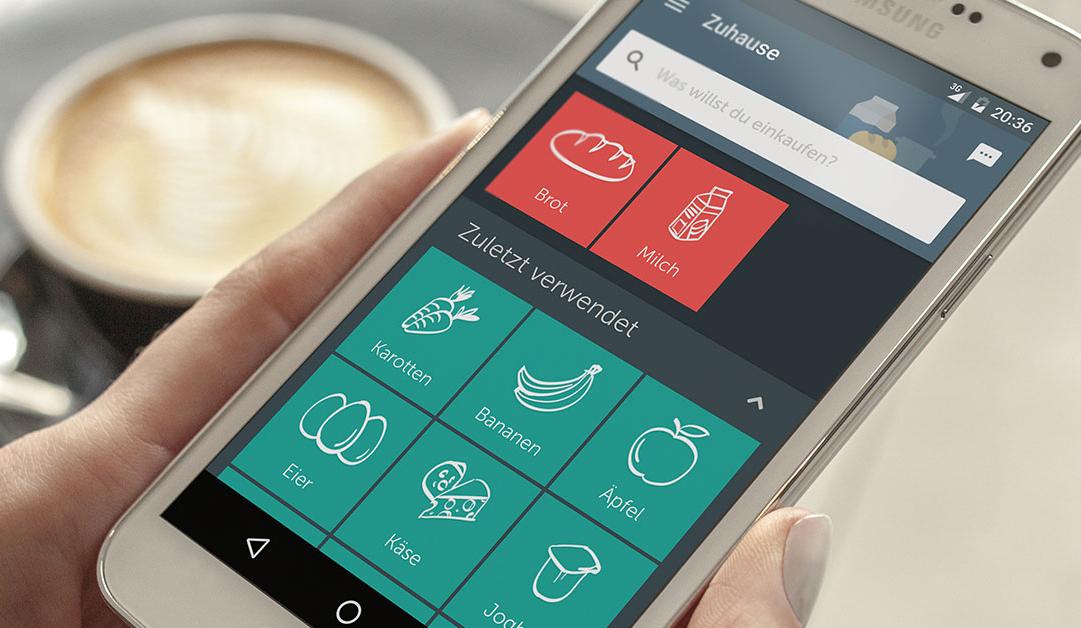Switzerland’s global gastronomic influence was traditionally chocolate, cheese and rösti. As the world’s population grows and grows healthier, startups are working to make food more nutritious and food production more sustainable. The global food industry could be threatened by a future featuring lab-grown meat, seafood substitutes, and insect protein. Investors are becoming increasingly interested in the food-tech industry and also food corporates such as Swiss transnational food and drink company Nestle expand their businesses with new food innovations.
Insects, algae and micro-powders. Swiss startups are changing what we put in our food, to make it healthier to eat and more sustainable to produce. Others target reducing food waste or reducing food miles. Here are 10 Swiss startups commercialising new ingredients, re-thinking industrial methods, and reconnecting consumers to producers..png)
Alver (Golden Chlorella SA)
The nutritious chlorella algae yields more than twice as much protein as soya beans or beef. Farming it uses less water and produces less carbon dioxide than animal-based protein, the founders say. Alver’s flavourless powder can be added as an ingredient to traditional recipes without distorting their flavour. The company, which already sells a range of biscuits, plans soups and sauces in the future.
Essento Food AG
Insect-cuisine in Asia, Africa and the Americas encouraged this company to started selling its worm-based meals in Switzerland this year. Essento uses mealworms measuring two to three centimeters to created burgers and balls sold through Coop Mealworms, the larva stage of the Tenebrio molitor beetle, are farmed in Zurich and combined with chickpeas and rice to make dishes more acceptable to conventional Western palates.
Farmy AG
Founded to connect Swiss households with local organic farmers, the online supermarket uses a fleet of electric vehicles to deliver field-fresh food nationwide. Alongside produce from regional farm shops, the company imports exotics products such as coffee, spices and fruits that don’t grow in Switzerland.
Felfel AG
Sells food to office-workers via their serviced fridges. Companies pay an annual fee and their employees can be billed individually for what they eat. The company, which re-stocks its fridges daily and changes menus weekly, has won 250 corporate clients nationwide since its foundation in 2013.
Flatev AG
Inspired by Mexican, Italian and India variations of flatbreads, flatev's countertop ovens prepare 6-inch breads in 90 seconds. The company targets office-kitchens for its compact ovens and fresh wheat, corn or rice-based bread. The simplicity and cleanliness of dough-capsules offer office-workers quick and versatile hot food, the company says.
Kitro SA
Helps restaurants and canteens reduce food waste by monitoring what gets thrown away. The company’s bins, equipped with scales and cameras, record which foods, and how much, is discarded. Hospitality industry clients, which subscribe to the hardware and analysis, can then change their production processes. Kitro is piloting its service in Switzerland, with a product launch due in 2019.
Microcaps
An ETH-spinoff that wraps microscopic compounds 1000 times faster than current technology. The process can make more precise medicines. Microcaps’ patented design, currently in the proof-of-concept phase, could also make it easier and cheaper to package critical ingredients at scale for the cosmetic or food industry, the company says.
microPow
Food process engineers designing powders that preserve the taste and aroma of food for longer. Their powder, which reduces the volatility of flavour molecules, means producers need less of each ingredient for the same effect on consumers’ pallets.
SNAQ GmbH
This service computes the nutritional value of a snack, from a photograph, in 3 seconds. The software accounts for portion size and likely ingredients to help people, such as diabetics or athletes, to manage their diet.
Yamo AG
Uses high-pressure to create fresher organic baby food sold online to parents in Germany, Switzerland and Austria. Compared to traditional heat-sterilisation, which destroys the nutritional value and natural colours of many ingredients, high-pressure pasteurisation makes Yamo’s food tastier and healthier, the company says.



